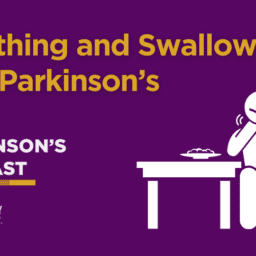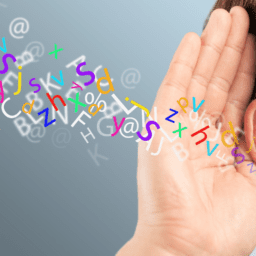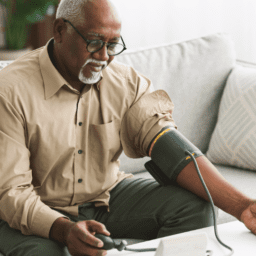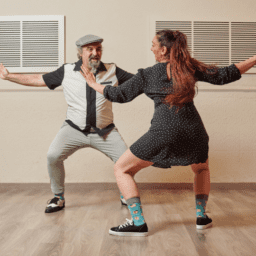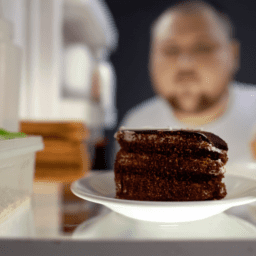Do you frequently burst into tears or fits of laughter for no apparent reason? Cry in response to a joke others find funny? Experience more intense emotional outbursts than you once did and feel like you have no control over them?
If so, you may be experiencing a neurological condition called pseudobulbar affect (PBA). PBA is caused by a deficit in the motor aspect of expression, which can cause a person to have frequent, short, uncontrollable outbursts of crying, laughing, or frustration that (typically) are contradictory to the person’s emotional state. While PBA isn’t life-threatening, it can make you feel embarrassed and eventually lead to social isolation, anxiety, and depression if it’s severe. So, it’s important that you recognize the signs of PBA and take action if it’s a symptom you experience. This post addresses the symptoms, causes, potential complications, and treatment options of PBA so you can manage it.
What are the signs of PBA?
PBA, sometimes referred to as “emotional incontinence,” causes short episodes of sudden, unpredictable, uncontrollable laughing, crying, or frustration and anger. (Crying is the most common.) These episodes are frequent, can occur at any time, and are often incongruent with the person’s feelings. For example, PBA can cause you to laugh when angry or burst into sobs when someone tells a funny story.
Sometimes, however, rather than being incongruent with your emotions, PBA can cause you to overexpress the emotion you feel. For example, you might laugh uproariously for several minutes at something others find only mildly humorous. You may start weeping intensely at something you would have once deemed insignificant. It might feel like you have no control over your laughing and crying or that you can’t suppress your emotional reactions.
Because of its outward symptoms, and because PBA remains an underrecognized neurological syndrome, it is often misdiagnosed as depression, bipolar disorder, generalized anxiety disorder, schizophrenia, or a personality disorder. Unlike these conditions, however, PBA is not a mood disorder. Mood disorders are associated with a person’s emotional state over an extended period; PBA comes in brief bursts that are intense but short-lived.
What causes PBA?
Typically, people who experience PBA have had a traumatic brain injury or are living with a neurological condition such as Parkinson’s, Alzheimer’s, multiple sclerosis (MS), stroke, or amyotrophic lateral sclerosis (ALS). A 2011 survey of 2,318 people with one of these conditions showed that approximately one in ten participants experienced PBA. A later study of 5,290 people living with one of these six neurological conditions found that more than a third experienced the syndrome. The Brain Injury Association of America says that 80% of people living with brain injuries report symptoms of PBA.
Although more studies are needed, researchers believe PBA is caused by injury to the neurological pathways that regulate the external expression of emotion (affect). If there is damage to the areas of the brain that control the expression of emotion, such as the prefrontal cortex (which plays a role in the regulation of complex cognitive, emotional, and behavioral functioning), a person’s ability to express emotions appropriately can be impacted.
Some researchers investigating the pathophysiology of PBA hypothesize that the condition results from the dysfunction of the cortico-ponto-cerebellar circuitry, which includes pathways to the brainstem, basis pontis, and cerebellum. The cerebellum is a structure located at the back of the brain that, among other things, helps with coordination, movement, posture, balance, and equilibrium. When functioning normally, the cerebellum also helps regulate your emotional expression. For example, it enables you to hear a joke, deem it funny, and then laugh appropriately in response. If the cortico-ponto-cerebellar circuitry is disrupted, however, as in PBA, your emotional expression can become exaggerated or inconsistent with the given context. In this case, you may cry instead of laughing at a joke you find funny or laugh or cry unexpectedly for no reason at all.
What are the possible complications of PBA?
While PBA isn’t physically dangerous, it can significantly impact your quality of life and your relationships. It can interfere with your work, family, and social life. For example, if you experience severe PBA, you might avoid social situations for fear of having an uncontrolled emotional outburst. This kind of social isolation can exacerbate your Parkinson’s symptoms, increase your risk of developing other health problems, increase your chances of experiencing depression, accelerate cognitive decline, and decrease your quality of life.
What treatment options exist?
The good news is that there are several actions you can take to manage PBA and live well.
- Discuss the symptom with your loved ones. If you or your family and friends notice signs of PBA, discuss it. It can help to discuss how emotional outbursts are not something you have absolute control over and result from a neurological condition. These conversations can help you and your loved ones get on the same page about your outbursts, and you will feel less embarrassed when they occur.
- Practice calming exercises. Activities that help you relax can calm your emotions and help you manage PBA. Whether it’s yoga therapy, deep breathing, meditation and mindfulness practices, or creative therapies (such as art, music, or dance therapy), find calming activities you enjoy that help you feel at peace.
- Adjust your posture. As simple as it sounds, straightening your posture as soon as you feel a PBA episode coming on may stop it from taking place.
- Ask your physician about medication options. The only medication approved by the FDA specifically for treating PBA is dextromethorphan hydrobromide/quinidine sulfate (branded under Nuedexta). Because quinidine may negatively interact with certain Parkinson’s medications (such as selegiline), however, it’s essential that you thoroughly discuss its potential use with your physician. Other medications, such as antidepressants, antipsychotics, or anticonvulsants, are often prescribed to treat PBA and have been found to be effective.
- Stay socially connected. Even if you feel worried about embarrassing yourself with a PBA episode, it’s important to stay connected and avoid isolating yourself. If you’re struggling to do so, reach out to one of our Ambassadors. They understand that Parkinson’s comes with many nuances, and they can help you find a safe social space to connect with others.
Don’t let PBA keep you from living well with Parkinson’s today!
Learn more about Parkinson’s symptoms, treatments, and action steps to live well
Our Every Victory Counts® manual is packed with up-to-date information about everything Parkinson’s. Request your free copy of the Every Victory Counts manual by clicking the button below.
Thank you to our 2022 Peak Partners, Amneal, Kyowa Kirin, and Sunovion, and to our Every Victory Counts Gold Sponsor AbbVie Grants, Silver Sponsor Lundbeck, and Bronze Sponsors Supernus and Theravance for helping us provide the Every Victory Counts manual to our community for free.



